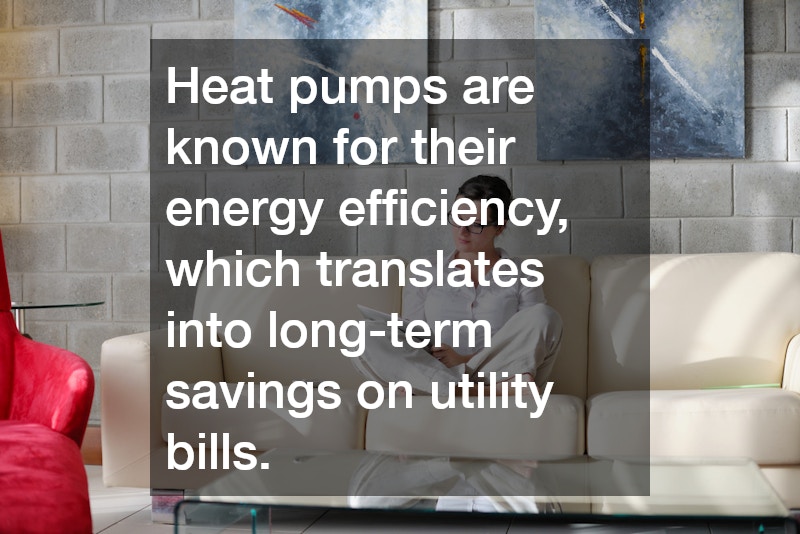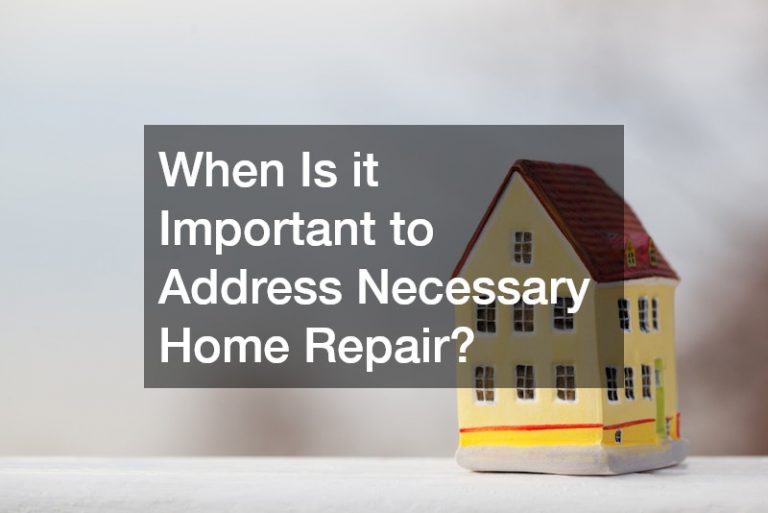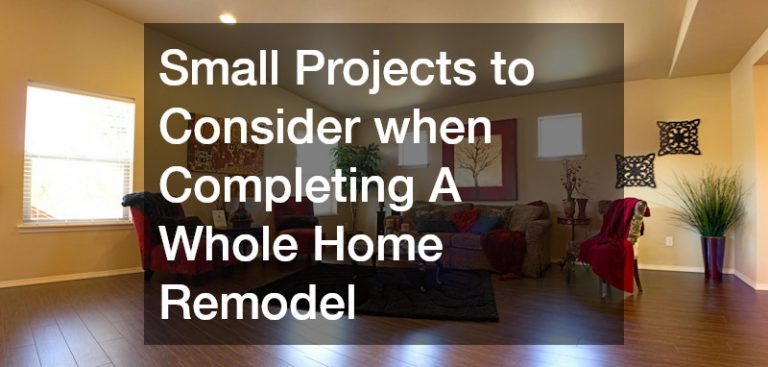

With energy efficiency and sustainability becoming more important for homeowners, heat pumps have grown in popularity as a reliable heating and cooling solution. If you’re considering this efficient technology, you might wonder when it’s time to make that visit to a heat pump store. Whether you’re looking to upgrade an existing system, build a new home, or make your current home more energy-efficient, here’s a guide on the key signs that it might be the right time to explore your options at a heat pump store.
1. Your Current HVAC System Is Old or Inefficient
If your current heating and cooling system is nearing the end of its life, or if you’ve noticed a steady increase in your energy bills, it might be time to consider a heat pump. Traditional HVAC systems, especially those older than 10-15 years, can become less efficient over time, resulting in higher operating costs.
Heat pumps are known for their energy efficiency because they transfer heat rather than generate it, making them a smart alternative to traditional systems. Visiting a heat pump store can help you understand how a new system could provide a more efficient solution for your home’s heating and cooling needs.
2. You’re Building or Renovating Your Home
If you’re in the process of building a new home or planning a major renovation, it’s a perfect time to consider a heat pump. Integrating a heat pump into your construction or remodeling plans allows for optimal placement and setup. Modern heat pumps come in various types, including air-source, geothermal, and ductless mini-split systems, so you’ll have options that can suit your design and budget. Visiting a heat pump store at this stage can help you explore the latest models, consult with experts, and find a solution that aligns with your construction plans.
3. You Want to Lower Your Carbon Footprint
For homeowners focused on sustainability, heat pumps offer a clean and environmentally friendly solution. Since heat pumps move heat rather than produce it, they require less energy and produce fewer greenhouse gas emissions. This can significantly reduce your carbon footprint, especially if your current system is powered by fossil fuels. A heat pump store is a great place to start your journey toward a more sustainable home, as many stores carry models that qualify for energy-efficient tax credits and rebates.
4. You Need Zonal Heating and Cooling
If your home has multiple floors or zones with varying temperature needs, a heat pump—particularly a ductless mini-split system—might be the right solution. Ductless heat pumps allow you to control the temperature independently in different rooms or areas, providing a customized comfort level without heating or cooling unused spaces. Visiting a heat pump store can introduce you to the range of ductless and zoned systems available and help you decide if this approach fits your home’s unique layout.
5. Your Area Has Moderate Climate
Heat pumps are highly effective in areas with moderate climates where extreme temperatures are less common. If you live in a region with mild winters and warm summers, a heat pump can efficiently meet your heating and cooling needs year-round. For homes in colder climates, newer cold-climate heat pumps are designed to perform well in lower temperatures, too. Visiting a heat pump store will give you insight into different models suitable for varying climates, so you can choose one that’s ideal for your region.
6. You Want to Take Advantage of Energy Savings
Heat pumps are known for their energy efficiency, which translates into long-term savings on utility bills. While the initial cost may be higher than a traditional system, the reduction in energy use means you’ll likely save money over time. If you’re looking to invest in your home’s efficiency, a visit to a heat pump store allows you to compare models, get a sense of upfront costs, and calculate potential savings based on your home’s size and climate.
A visit to The Heat Pump Store is a valuable step if you’re considering upgrading to an efficient, eco-friendly heating and cooling system. Whether it’s to replace an old unit, take advantage of energy savings, or plan for a new home build, exploring your options at a heat pump store lets you compare models, consult experts, and understand the benefits tailored to your home. By timing your visit to align with your specific needs, you can make an informed choice that enhances your home’s comfort, efficiency, and sustainability.
.



